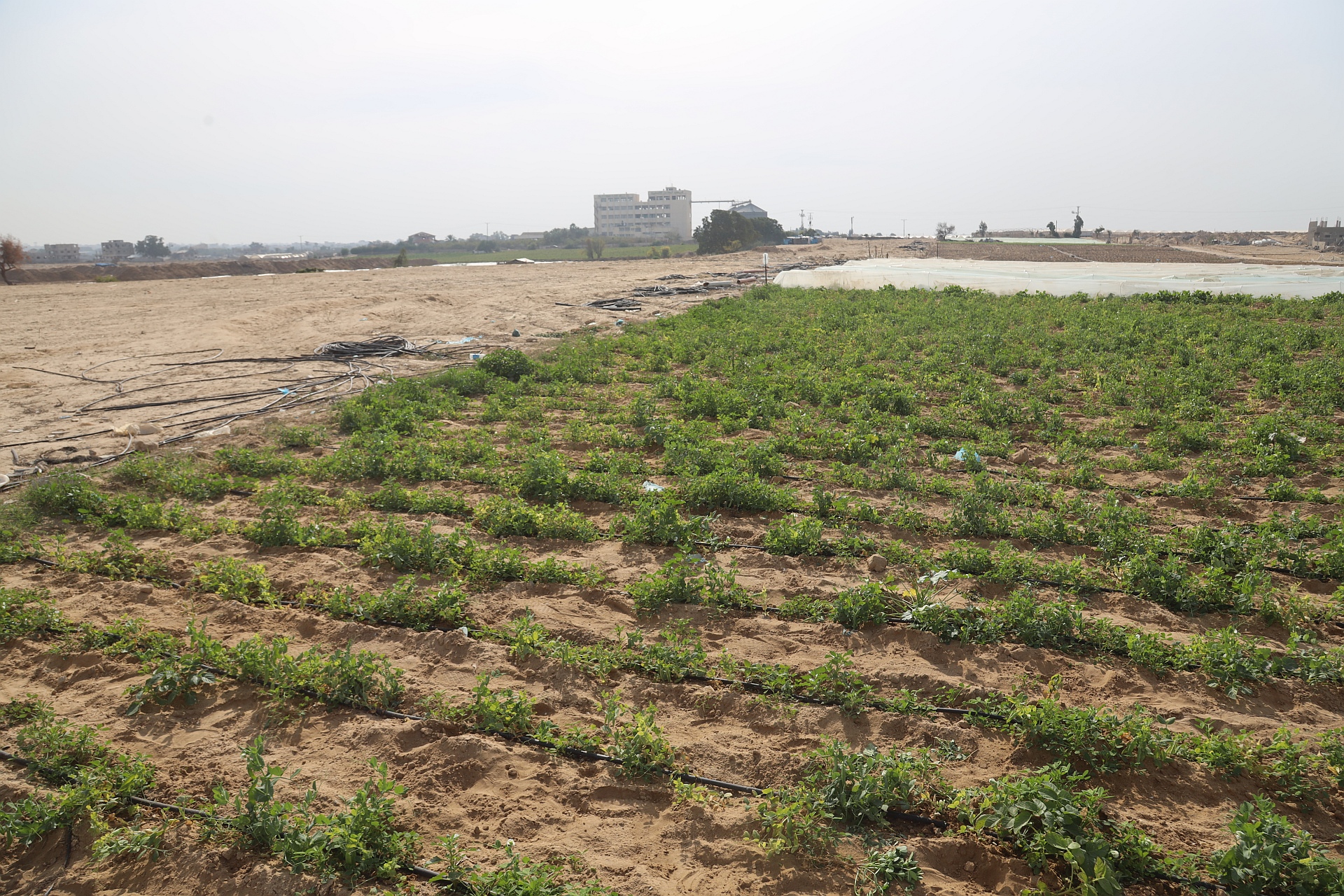
Anchors of Hope: Women driving recovery and resilience – West Bank
A pillar of resilience in the West Bank
@FAO
19/08/2025
West Bank- The Occupied Palestinian Territory has long endured overlapping crises, protracted conflict, movement restrictions, and deep resource scarcity. The escalation of violence on 7 October 2023 marked a turning point, unleashing an unprecedented humanitarian catastrophe, especially in the Gaza Strip. According to the October 2024 IPC report, around 1.84 million people in Gaza were facing high levels of acute food insecurity, including nearly 133,000 in catastrophic conditions (IPC Phase 5).In the West Bank, rising unrest, land seizures, settler attacks, and road closures have crippled the ability of rural communities to access their lands and markets. These pressures have severely disrupted food production, and women as caregivers, providers and farmers are among the hardest hit.
In the village of Deir Ballut, 55-year-old Ibtesam Fadel Hassan Mosa is one of those women. Her community, surrounded by Israeli settlements, faces daily challenges ranging from blocked access to agricultural lands to threats from settler violence. Yet amid these hardships, Ibtesam has emerged as one of the most pioneering and respected women farmers in the area.
Drawing on years of experience, Ibtesam cultivates a wide variety of vegetables to support her household and help feed her community. But her impact goes far beyond the field. She is a core member of the Deir Ballut Women’s Cooperative, which unites 35 rural women to share resources, knowledge, and solutions. Through her leadership, she helps other women build food security from the ground up.
Ibtesam is also a key participant in the Canadian Cash Assistance project, supported by FAO. The project strengthens the resilience of farmers and herders across the West Bank and Gaza Strip by promoting climate-smart agricultural practices and sustainable livelihoods. Through this support, Ibtesam has improved her farming techniques and expanded her role as a mentor to other women.
“Even when everything around us feels uncertain, I know the land is my strength,” Ibtesam says.
“We work not just for ourselves, but to keep our community alive and standing.”
“Palestinian rural women are not just coping – they are developing livelihoods. Their role is vital to resilient food systems, and FAO is proud to support their efforts,” said Ciro Fiorillo, Head of Office at FAO Palestine.
FAO continues to work hand in hand with rural women’s cooperatives like the one in Deir Ballut, providing technical training, financial assistance and tools to strengthen community resilience. In times of crisis, women like Ibtesam are not only surviving they are leading. They are the anchors of hope holding families, farms, and futures together.
